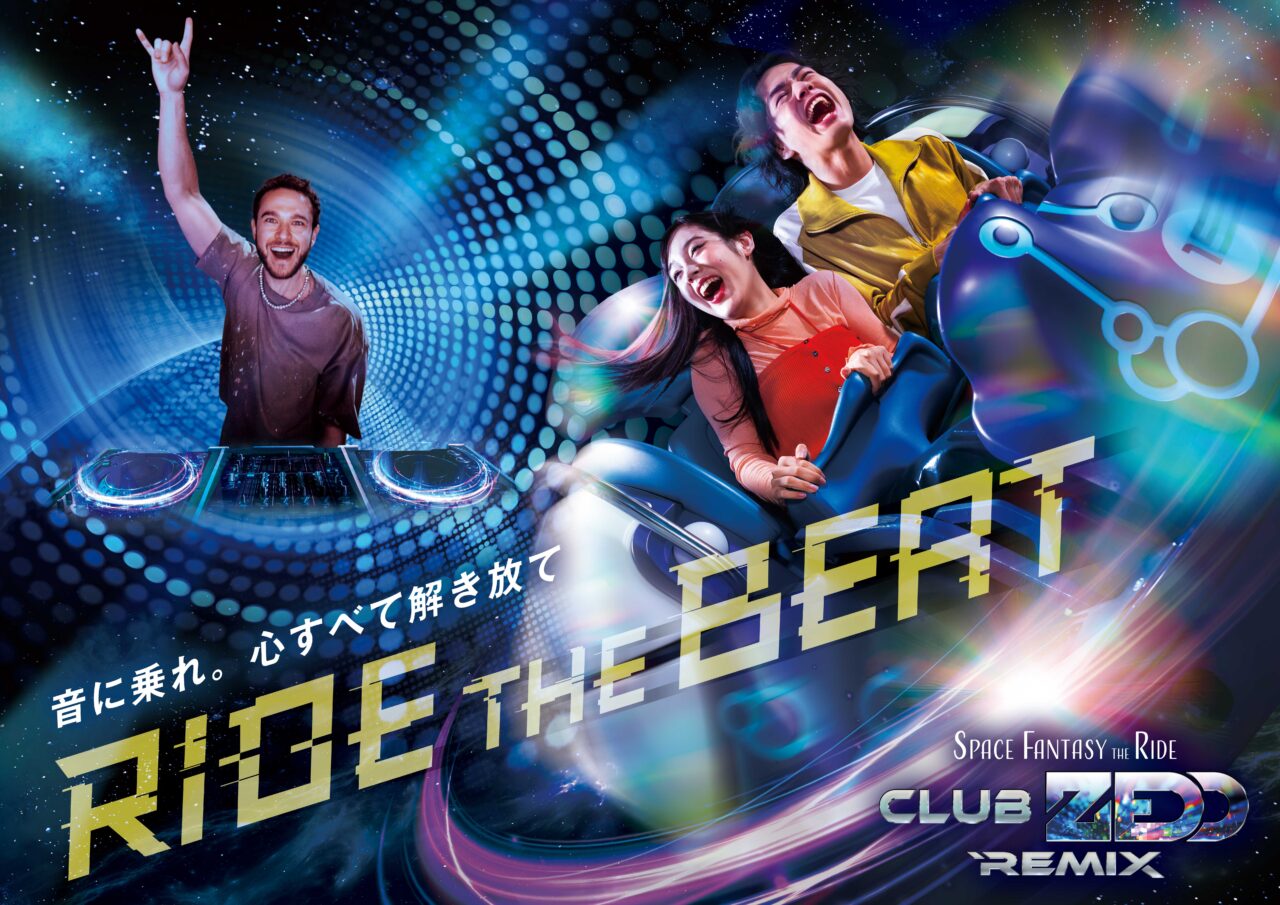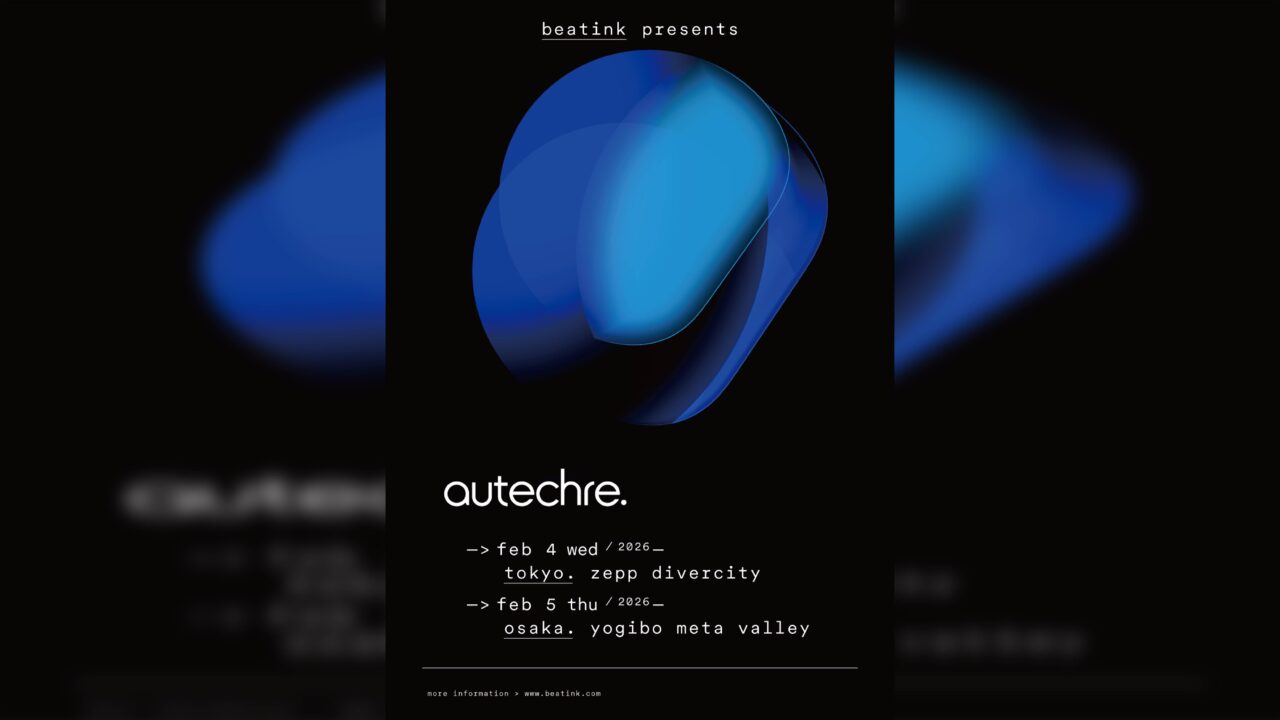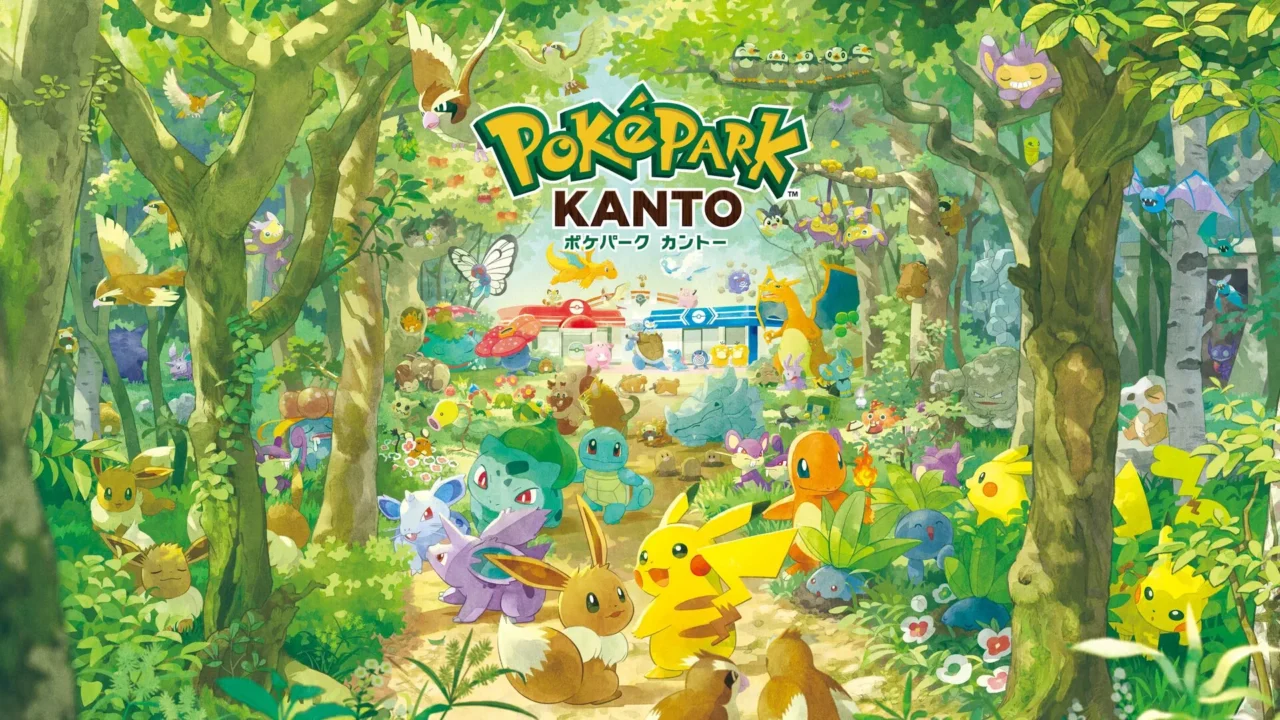The music and camping festival “FUJI & SUN ’23” will take place in Shizuoka’s Mt. Fuji Children’s World on May 13th and 14th. With the concept “Learn and live with Mt. Fuji,” this year marks its fourth installment and the festival provides borderless music and culture at the bottom of the mountain. In addition, a wide range of leisure activities are also available, which offers a sense of community.
cero, a Tokyo-based three-piece band, will return to the festival as the headliner on Saturday. The band will also release e o, their first album in five years, this May. So this is the perfect opportunity to catch the latest version of the band since they last performed at FUJI & SUN four years ago. Described the new album as “almost self-titled album” by the band’s frontman Shohei Takagi, NiEW spoke to him on their latest album, their first performance at FUJI & SUN, and the post-pandemic era.
INDEX
Pursuing cero’s identity even further
– Let’s start with your new album e o, the first album in five years. “Fdf” is the oldest song of the album, released in February 2020. But the album production had to pause during the state of emergency. So I suppose August of 2021, when “Nemesis” was released, was the actual start of the album?
Takagi: You are right. Fdf” was released a little after “Polly Life Multi Soul” and I thought, “It’s about time to start moving a little again,” but that song itself was the first time for cero to deliver music without physical media such as CDs or records. But that song itself was the first time for cero to deliver music without a physical medium such as CDs or records. We have been living in a physical world for so long that releasing a song without a physical medium is a bit old-fashioned, and although no one would write a song like this again, it was something like “Thank you for the physicality”.lol
– I sensed that from the lyrics and the album cover.
Takagi: The first thing that changed with Pandemic was the style of production. Up until now, we had the image of someone making a demo and then writing it up in the recording studio, and “Fdf” was originally a song that was created from a demo made by Mr. Arauchi.
However, I released my solo just before the pandemic, followed by Arauchi’s and Hashimoto’s solos, so I thought that the “someone else taking the initiative in creating” method had come to an end for the time being.I thought that in order to further explore the cero style, it would be more important for the three of us to “get together and create”.
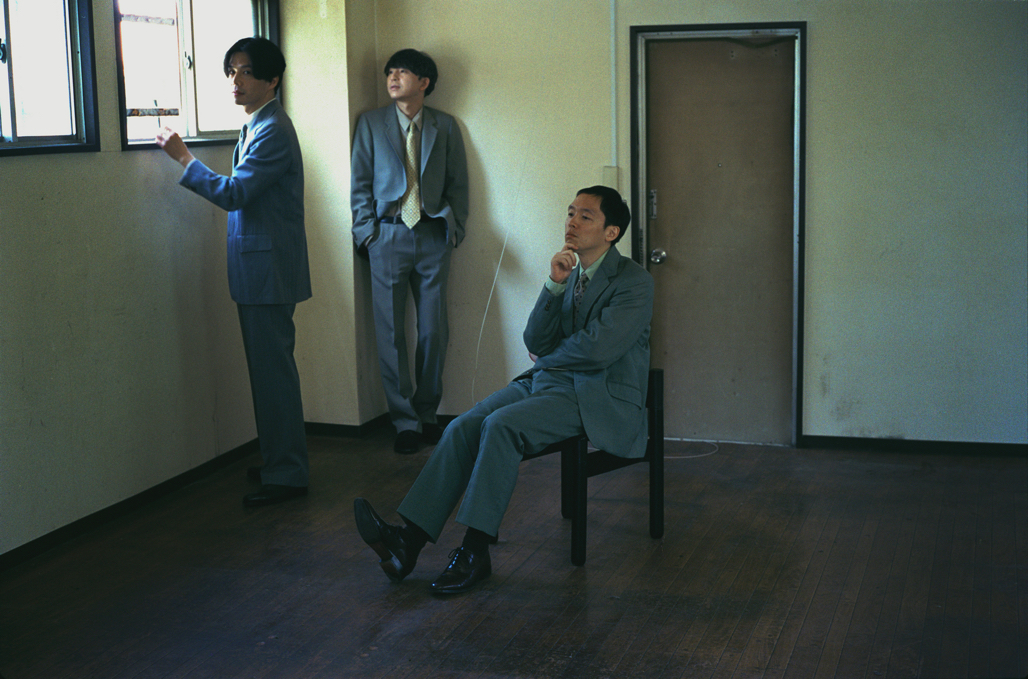
A Tokyo-based band formed in 2004. The three members are Shohei Takagi, Tasuku Arauchi, and Tsubasa Hashimoto. Each of the three composes, arranges, and produces their own music, and they also conduct live performances and music production with supporting members. They have both musical pleasure and storytelling skills, and their future releases and live performances always attract attention.
https://cero-web.jp/
– I see.
Takagi: So we decided to set up a simple studio in an apartment in Kichijoji where Hashimoto used to live. “Nemesis” was the first thing we started working on.
Takagi: For this song, I started with a melody that I had blasted into my phone, and we all expanded the idea little by little. We repeated the process of just getting together and creating without any particular plan. The songs on this album all went through that process.
– So, getting together was necessary even during the pandemic rather than online meetings?
Takagi: Just before the coronavirus pandemic, I visited Mr. Arauchi’s house to work with him for a few days on some music projects, and we had a great time working together smoothly and fluidly. From this experience, I realized that the first thing we needed was a “place to gather”. I felt that as long as we had a place, something would naturally come together, so we came to the conclusion that we would build a base of operations.
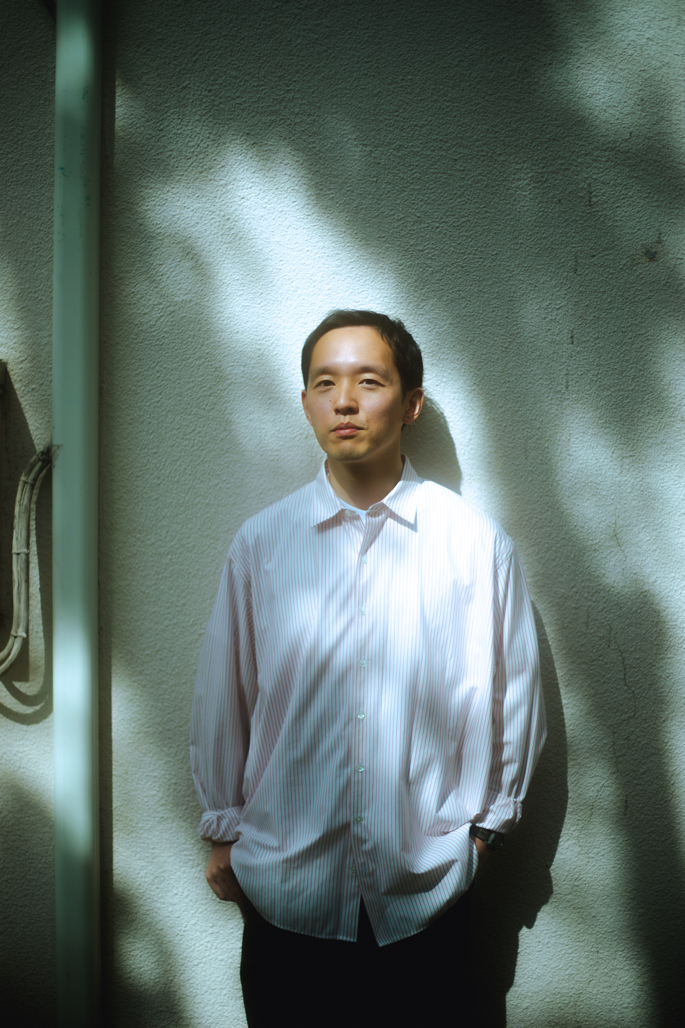
INDEX
I was the protagonist, then became a father
– The songs show the shift in the production style. The album gives an impression that each song was made very detailed and less raw band sounds.
Takagi: I think so. There is much less work to do in the recording process, and instead there is much more post-production. Arranging and post-production are the same, and I just keep tweaking and tweaking. Arauchi was by far the one who did most of the hands-on work. …… lol. That is very similar to the way we made the first album. At that time, we just got together and spent about a year making the album, so there was a sense of déjà vu, like “I’m almost 40 years old and doing this again”.lol
– So, you have come full circle?
Takagi: I think it was a big factor that we all released solo works. Now that we have two outputs, we can be more pure about what we should do in “cero”.

– There was no blueprint for “Nemesis,” and the three of you created it freely?
Takagi: Yes, that’s right.We added voices as we thought of them, and it became more choir-like, or we thought, “We don’t need so much bass,” and added it only where it was really needed. The same goes for the other songs, so there is no sense of “who made this” and it still doesn’t feel like we made it ourselves. This is especially true for “Nemesis”.
With regard to the lyrics, as we made several songs, links were created between the words, so in the end it seems as if we were following some sort of plan, but each song is really a disconnected project, or rather, each time we started from scratch. It was like “Nemesis” was “#1,” then “#2” “#3” and so on, and the songs without titles just kept getting mass-produced. There was no blueprint until the very end.

– Each song has a different type, but the album seems to create a sci-fi atmosphere as a whole, more than ever before. All the previous albums of cero had sci-fi elements, depicting the fluctuation between reality and unreality. “Nemesis” is the title for one of the “STAR TREK” movies and cero’s tour last year. The album title e o comes across as the American 3D science fiction movie “Captain EO.” Is there any connection to the post-pandemic society where reality becomes like a science fiction-esque world?
Takagi: If you call it science fiction-like, that may be true. However, I think there has always been an “adventurous subject” in the lyrics of cero’s albums. It has gone from something on the scale of a stroll through a city to a larger stage like “My Lost City” or to the underworld like “Obscure Ride”. But that has changed a bit since “Polly Life Multi Soul”. Before that, I had a child, and I was in the child-rearing phase of my life, so I was the main actor in the adventure until then, but that role was gradually taken over by someone else, and with “Polly Life Multi Soul” I think I became the main actor waiting for something to come along.
I did not draw such a blueprint this time, but I think “Nemesis” is also from the perspective of the sender. Therefore, the linear time line and linear worldview, which is like opening something up and moving forward, is gradually disappearing. I personally feel that such a process has been taking place in cero of late.

– I see.
Takagi: Then, the form of words is gradually becoming more lyrical. It used to be more lyrical, but now it is more lyrical. So, yes, there are some science fiction-like motifs, but they are just a way of saying something, and I thought it was more metaphorical when I listened to the finished product.

















